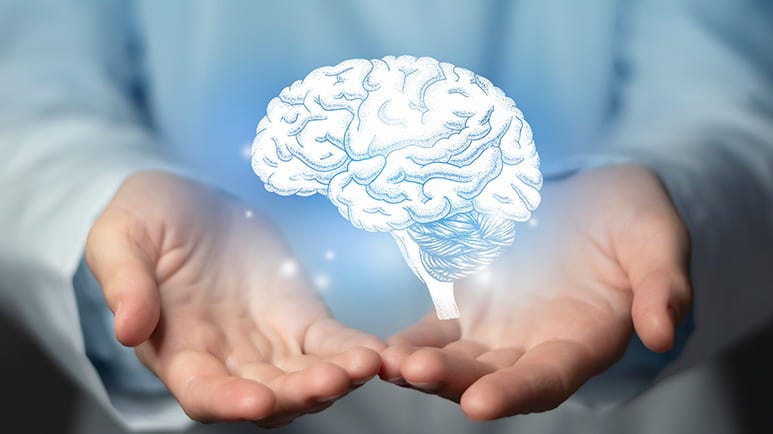The Mystery of Transplanted Consciousness — When Organs Transfer More Than Function
Description
STORY AT-A-GLANCE
When organs are transplanted, memories, personalities, preferences, and skills (including what happened at the donor's moment of death) have been repeatedly observed to transfer from the donor to recipient in a manner that strongly suggests a real transference is occurring — raising significant questions as to where our consciousness or memories come from and who we actually are
Dr. Paul Pearsall's groundbreaking research documented 73 heart transplant cases where recipients experienced dramatic personality changes, food preferences, sexual orientation shifts, and even acquired new skills that perfectly matched their unknown donors
Approximately 10% of heart transplant recipients report experiencing emotions they believe come from their donor, with the most sensitive individuals sharing specific personality traits like being highly creative, body-aware, and psychically sensitive
The most extraordinary cases include an 8-year-old girl who received a murdered child's heart and provided police with accurate details that led to the killer's conviction, and recipients who suddenly developed artistic abilities matching their donor's talents
Approaches exist to address "trapped emotions" in transplanted organs through mind-body therapies, which can improve recipient quality of life and reduce organ rejection by helping the body accept rather than fight the foreign organ

When organ transplantation first became possible, doctors celebrated it as one of medicine's greatest achievements — literally giving someone the gift of life through another's ultimate sacrifice. But what nobody anticipated was that along with functional organs, something far more mysterious might also transfer: aspects of the donor's consciousness, personality, memories, and even skills.
The evidence for this phenomenon has been accumulating for decades, yet mainstream medicine largely ignores it because it challenges fundamental assumptions about where consciousness comes from. If memories and personality traits can be stored in organs rather than just the brain, this would completely revolutionize our understanding of human consciousness.

The Reality of Living with Transplants
While transplants are called "medical miracles," they're far from perfect. The failure rates tell a sobering story:
Given these risks, patients must follow incredibly strict regimens: taking immune-suppressing medications costing $10,000 to $30,000 annually, permanently avoiding alcohol and drugs, constant bloodwork monitoring, and doing everything possible to avoid infections. The immune-suppressing medications have side effects ranging from mild tremors and headaches to serious infections, kidney damage, and metabolic disturbances. Corticosteroids used in transplant management have even more extensive side effects.
The vaccination requirements became controversial during COVID-19 when people were denied transplants for refusing COVID vaccines (and in some cases were severely injured when they finally submitted to vaccination). What frustrated me most was that nobody mentioned the COVID vaccine could actually increase transplant rejection risk by provoking autoimmunity or that numerous publications have now corroborated this link.
Note: DMSO has been shown to prevent rejection of certain grafts like skin grafts9 and insulin-producing cells,10 and likely would help transplanted organs, but this hasn't been tested.
One reader shared: "I took care of a patient who had a kidney transplant 9 years ago then got his COVID shot and had spontaneous organ rejection and needed the kidney removed. From what other nurses told me, it is happening more and more often."11
But beyond these medical challenges, transplant patients face something even stranger — significant psychiatric changes that suggest something profound is being transferred along with the organs.
The Heart's Secret Code
Dr. Benjamin Bunzel at the University Hospital in Vienna studied 47 heart transplant patients and found that while 79% claimed their personality hadn't changed (though showed signs otherwise), 6% reported distinct personality changes they attributed directly to their new hearts. These individuals felt compelled to accommodate what they sensed as their donor's memories.12
When studied more extensively, approximately 10% of heart transplant recipients reported experiencing emotions they believed came from their donor.13
Claire Sylvia's Transformation
The most documented case comes from Claire Sylvia's memoir “A Change of Heart.”<a class="footnote-anchor" href="#footnote-14" id="footnote-anchor-14"






